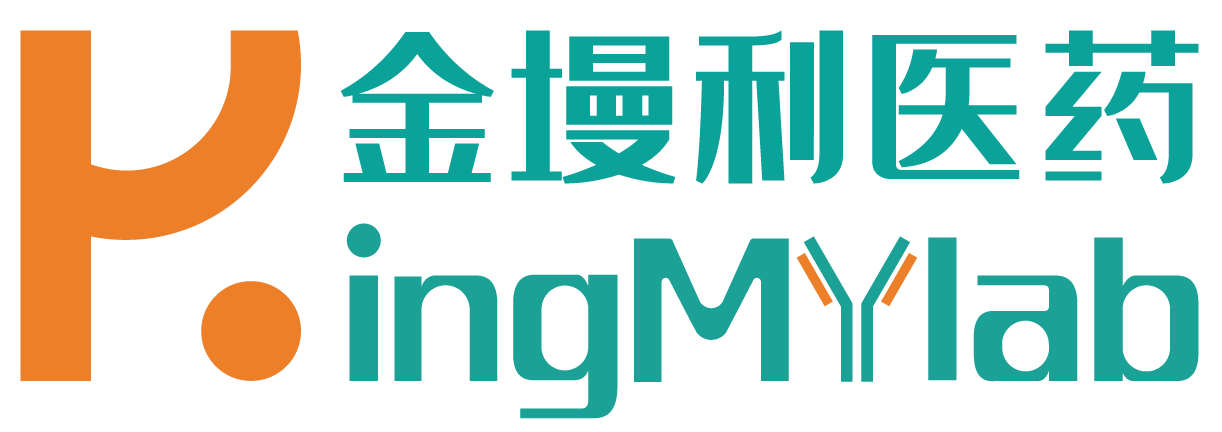
Clinical Trials of Lipid-lowering Drugs - Laboratory Solutions
According to WHO data, the global elevated total plasma cholesterol levels among adults aged 25 years and older was as high as 39% in 2008. The prevalence of dyslipidemia among Chinese adults has remained at a high level in recent years. According to the national survey results in 2018, the total prevalence of dyslipidemia in adults ≥18 years old was 35.6%, with the increase of hypercholesterolemia being the most significant. The rate of lipid-lowering treatment and the standard attainment rate in the high (extremely) high risk group of atherosclerotic cardiovascular disease (ASCVD) in China are relatively low, and there is an urgent need for improvement.
Statins are the cornerstone of lipid-lowering drug treatment for dyslipidemia. In addition, new lipid-lowering drugs such as preprotein converting enzyme subtilysin 9 inhibitor (PCSK9 inhibitor), adenosine citrate lyase inhibitor, and angiopoietin-like protein 3 inhibitor have been successively listed, which has enabled better achievement of lipid treatment goals and improved cardiovascular outcomes.
KingMylab has supported more than 20 clinical trial projects in the field of dyslipidemia. It has a complete laboratory technical platform and a full range of lipid metabolism indicators, providing comprehensive support for the clinical research of lipid-lowering drugs, including pharmacodynamics, genetic risk, pharmacogenomics, and safety indicators.

Lipids Metabolism
Total Cholesterol (TC), Triglycerides (TG), LDL-C, HDL-C, non-HDL-C, VLDL-C, Apo A1, Apo B, Lp(a), Residual Cholesterol (RC), Apo CⅢ, ApoB-48, Chylomicron Triglycerides
Target Biomarkers
PCSK9, pharmacological biomarkers (based on drug mechanism)

Hereditary Hyperlipidemia
LDLR, ApoB, PCSK9, LDLRAP1, USF1, ApoE, LPL, ApoC2, ApoA5, GPIHBP1, LMF1, ABCA1, LCAT, etc.

Drug Metabolism and Transport
SLCO1B1, APOE, CYP3A4, CYP2C8, CYP2C9, CYP2C19, CYP2C6

Complete Blood Count
RBC, WBC, Neutrophils, Lymphocytes, Monocytes, Eosinophils, Basophils, Hemoglobin, Hematocrit, Platelets, HCT, MCV, MCHC, etc.
Blood Coagulation
PT, INR, aPTT
Blood Biochemistry
Blood Sodium, Potassium, Calcium (total and albumin-corrected), ALP, ALT, AST, GGT, Total Bilirubin, Direct Bilirubin, Blood Urea Nitrogen (BUN), Creatinine, Uric Acid, Creatine Kinase, eGFR, LDH, Albumin, Fasting Blood Glucose, HbA1c, hsCRP, etc.
Inflammatory Markers
hsCRP, IL-6, IFN-γ, TNF-α, etc.
Urinalysis Test
Urine Protein, Urine Sugar, Urine Ketone, RBC, WBC, hCG, etc.
Bone Metabolism
NTX1, CTX1, P1NP, bone alkaline phosphatase, osteocalcin (OST)



